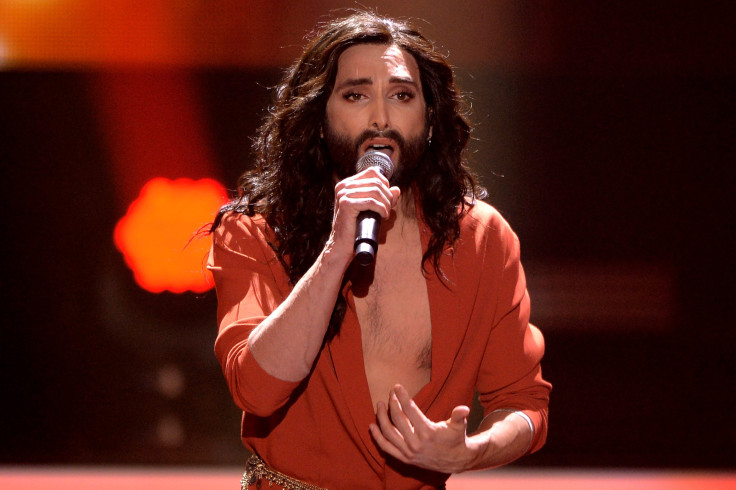Eurovision 2017 Organizers Say Banned Russian Singer Can Compete By Satellite In Ukraine

The annual Eurovision Song Contest is always full of crazy costumes, inventive music and frantic voting. But this year, it's already shaping up to include international political drama.
Earlier this week, Ukraine — this year's Eurovision host — announced it would ban Russian contestant Julia Samoilova from participating. She's not allowed in the country because she performed in the contested region of Crimea in 2015 after entering from Russia, not Ukraine, BBC News reported.
Read: Ukraine Singer Wins Eurovision 2016 With ‘1944’ [VIDEO]
After a series of condemnations from Russian leaders and Samoilova herself, who said she didn't get why Ukraine thought there was "some kind of threat in a little girl like me," organizers decided Thursday she could perform — via satellite.
"We are continuing our dialogue with the Ukrainian authorities with the ambition to have all artists present to perform in host city, Kyiv, which is, of course, our preferred option," Eurovision executive supervisor Jon Ola Sand said in a statement. "It is imperative that the Eurovision Song Contest remains free from politics and as such, due to the circumstances surrounding Julia’s travel ban, we have felt it important to propose a solution that transcends such issues."
Samoilova, who is wheelchair-bound due to spinal muscular atrophy, was set to appear in the contest singing the song "Flame Is Burning," Metro reported. Her candidacy came after years of Russia-related Eurovision headlines about how the country's musicians were booed.
Read: Best Eurovision Moments: 7 Craziest, Most Memorable Performances From Past Song Contests
It wasn't immediately clear whether Russia accepted the satellite compromise. But as of Monday, Russian president Vladimir Putin reportedly did not have plans to swap Samoilova for another artist. "I don’t know the decision of our organizers, but as far as I understand there is no such option as a replacement," Putin spokesman Dmitry Peskov told the Kyiv Post.
The Eurovision Grand Final was scheduled for May 13, with semi-final rounds on May 9 and May 11.
© Copyright IBTimes 2025. All rights reserved.






















